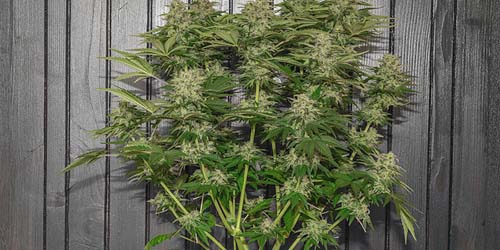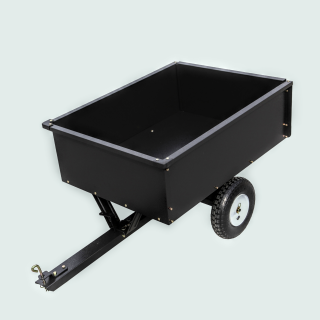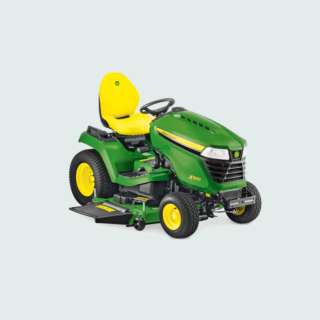In latest many years, Canada has emerged as a trailblazer in cannabis legislation, with the legalization of leisure marijuana in 2018. Even so, when the cultivation and intake of hashish are now authorized, it is really very important for fans to understand the nuanced legal implications, specially when it will come to expanding autoflower hashish.
Autoflowering cannabis, prized for its quick development and resilience, has obtained level of popularity amid house growers. Nonetheless, beneath the area, you can find a complex authorized landscape that cultivators ought to navigate. Let us delve into the legal implications of increasing autoflower cannabis in Canada, discovering restrictions, licensing demands, and probable threats.
Comprehension the Authorized Framework
Canada’s Cannabis Act, enacted in 2018, lays the basis for the authorized cultivation, distribution, and usage of cannabis. Under this legislation, people today are permitted to develop up to 4 hashish plants per household for personalized use, regardless of whether or not they’re growing photoperiod or autoflowering strains.
On the other hand, while the act presents a normal framework, every single province and territory has the authority to set up its very own polices concerning cannabis cultivation. This indicates that the details of escalating autoflower hashish may fluctuate relying on exactly where you reside in Canada.
Provincial Laws and Licensing Needs
Just before embarking on your autoflower cannabis cultivation journey, it can be important to familiarize by yourself with the restrictions specific to your province or territory. Even though some regions may impose minimum constraints, other folks may perhaps require persons to acquire licenses or adhere to stringent pointers.
For instance, in Ontario, dwelling growers should guarantee that their cannabis vegetation are not obvious from public spaces and are securely saved to stop entry by minors. Also, there are restrictions on exactly where cannabis can be cultivated, with outside cultivation prohibited in selected spots.
In contrast, provinces like British Columbia have embraced a extra lenient approach, allowing for for bigger overall flexibility in home cultivation tactics. Having said that, even in locations with much less limits, it truly is important to keep knowledgeable about any alterations to polices that may possibly impression your cultivation activities.
Probable Legal Pitfalls for Property Growers
Though the cultivation of autoflower hashish for personal use is authorized in Canada, there are nonetheless probable authorized dangers that home growers must be informed of. 1 these kinds of danger is the unauthorized sale or distribution of cannabis, which remains unlawful less than the Hashish Act.
Additionally, property growers will have to make sure compliance with regulations linked to cannabis possession limitations. In More hints , persons are permitted to have up to 30 grams of dried cannabis or its equivalent in public. Exceeding these limits could consequence in fines or other legal consequences.
Additionally, dwelling growers ought to training caution when cultivating cannabis in multi-device dwellings or rental homes. When the Cannabis Act permits folks to increase cannabis in their principal home, landlords may possibly have their possess policies with regards to cannabis cultivation on their premises.
Mitigating Authorized Risks Through Schooling and Compliance
To mitigate authorized challenges linked with escalating autoflower cannabis, schooling and compliance are paramount. Familiarize you with federal, provincial, and municipal laws governing cannabis cultivation, and remain up to date on any changes or amendments.
Furthermore, think about becoming a member of area cannabis advocacy teams or on line community forums to connect with other growers and share insights and most effective procedures. Partaking with the cannabis neighborhood can present worthwhile support and direction as you navigate the authorized landscape.
Additionally, prioritize compliance with polices linked to protection, security, and environmental sustainability. Implementing strong stability steps, these kinds of as setting up good fencing and surveillance cameras, can assistance protect against unauthorized entry to your cultivation internet site and mitigate probable legal liabilities.
Conclusion
In Canada, the legalization of hashish has opened up fascinating chances for enthusiasts to cultivate their possess autoflower crops at dwelling. Even so, it really is crucial to strategy cultivation with a thorough comprehension of the legal framework and involved risks.
By familiarizing you with federal, provincial, and municipal restrictions, obtaining any vital licenses or permits, and prioritizing compliance and schooling, you can cultivate autoflower cannabis responsibly and lessen legal liabilities.
Ultimately, as Canada’s cannabis landscape continues to evolve, staying informed and adaptable will be important to navigating the legal terrain of growing autoflower cannabis with self confidence







Deja una respuesta